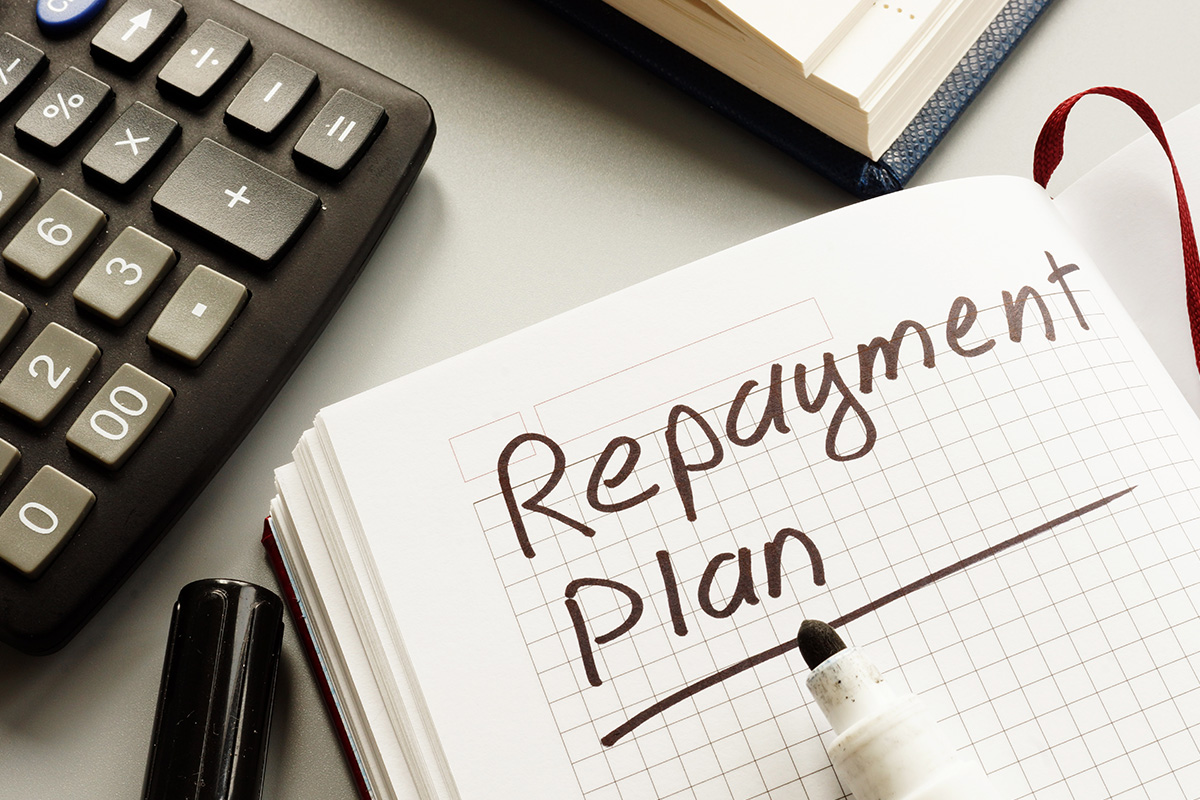If you’ve heard it once, you’ve heard it 1,000 times; what’s your 5-year plan? If you’ve filed for Chapter 13 bankruptcy, your answer is probably to finish off your repayment plan. But what happens if you’re unable to complete your repayment plan?
When you file Chapter 13 bankruptcy, your goal should be to make your debt more manageable by paying off all or some of those debts, usually over a 3 to 5-year time period. Enter your repayment plan, which, ideally, will help you to accomplish this goal. When you reach the end of your repayment plan, then remaining debts get discharged. But be warned: this isn’t without consequences if you cannot complete your repayment plan.
Regardless of why you couldn’t complete your repayment plan, some things will go into effect.
- The bankruptcy court will more than likely dismiss your bankruptcy. Creditors will know when you’ve stopped making payments because they will stop receiving payments, and sometimes they will request to have your bankruptcy claim dismissed.
- Your automatic stay is void. Once your Chapter 13 bankruptcy petition was filed, an automatic stay went into place. This usually means that your creditors will stop bugging you for payments. If you don’t complete your Chapter 13 repayment plan and have your bankruptcy dismissed, your automatic stay goes void.
- Creditors can (and will most likely) act. With your bankruptcy dismissed and your automatic stay over, nothing stops creditors from contacting you to pay your debts. The debts covered in your Chapter 13 bankruptcy didn’t disappear because your plan was incomplete.
But there are ways to avoid default and protect your bankruptcy from being dismissed.
- Ask for a modification to your plan. Work with your attorney to modify your repayment plan but know that the judge is going to expect a very good reason on why you need a modification.
- Change your Chapter 13 to a Chapter 7 bankruptcy. This can be complicated, and you should talk to your attorney about this as not everyone qualifies for Chapter 7 bankruptcy.
- Ask for a hardship discharge. This might allow you to be discharged from your payment obligations without completing the full repayment plan. A hardship discharge is court-ordered, and you must prove your hardship by meeting certain criteria before a judge grants this type of request.
If you’re having trouble paying off your Chapter 13 repayment plan or have questions about bankruptcy in general, contact Attorney Leslie Craft. Leslie has the experience needed to handle bankruptcy cases and help clients become debt free. To schedule a free, personal consultation, call Craft Law Offices at (252) 752-0297 or visit craftlawoffice.com.



